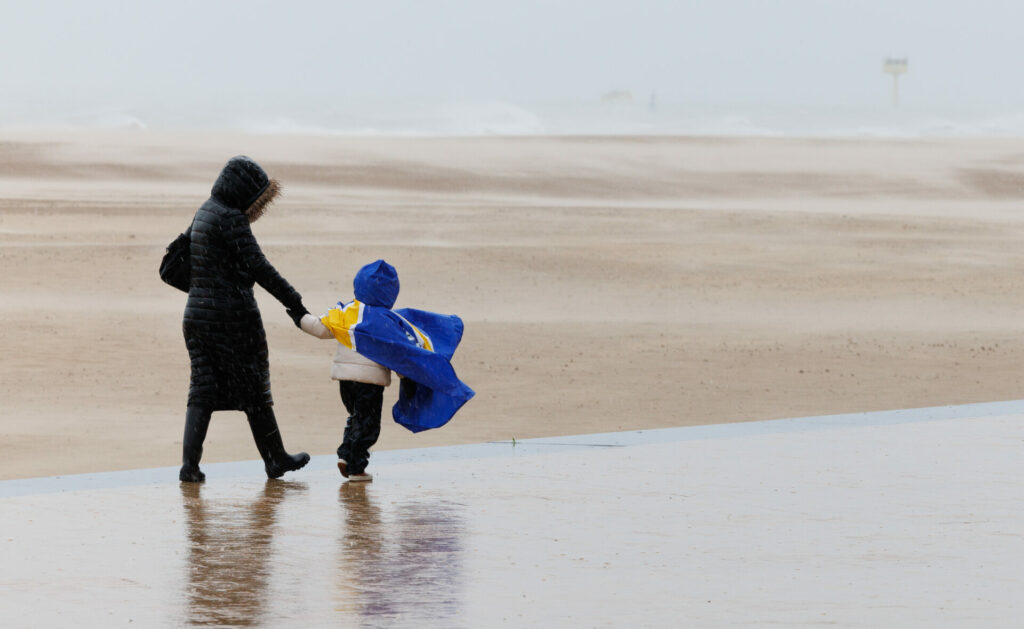Single people face significant obstacles during the adoption process, particularly in French-speaking areas of Belgium, Le Soir reports.
In 2022, a total of 31 children were adopted in French-speaking Belgium, comprising 18 different-sex couples, 12 same-sex couples, and just one single person. Despite singles being able to legally adopt since 2003 (same-sex couples were allowed to adopt from 2006), only two single people have been allowed to adopt in French-speaking Belgium – the first being in 2020.
The adoption process in Belgium is a lengthy process that begins with five information sessions to prepare prospective adopters for the challenges ahead. Marital status plays a crucial role from the very start, and any changes in this regard necessitate restarting the process.
Obtaining a certificate of preparation is a prerequisite for appearing before the family judge to determine a person's suitability for adoption. The judge relies on a social investigation conducted by a multidisciplinary team. Single candidates must demonstrate a strong social and family network, ensuring that there is a support system available if needed.
However, even if this is proved, adoption agencies frequently contend with a surplus of requests, leading them to prioritise applicants based on factors such as marital status, age and place of residence.
Related News
- Belgium ends 'discriminatory' premarital savings from next year
- Brussels politician condemns 'discrimination' against single childless people
One recurring challenge emerges when birth parents still retain parental authority and can be a factor in excluding prospective adopters, with marital status often a contentious point. The Civil Code allows birth parents to withdraw their consent within six months of the adoption request, creating uncertainty for children awaiting adoption.
While some argue that the preference for two-parent families is not discrimination, Françoise Goffinet, affiliated with the Institute for the Equality of Women and Men, told Le Soir that she views it as a form of discrimination based on marital status. The persistent perception of adoption as exclusive to couples makes it difficult for single prospective adopters to challenge this mindset.
In the pursuit of equal opportunities and a more inclusive approach to adoption, advocates continue to question the system that prevents single individuals from offering a loving home to a child in need. The debate surrounding single adoption in French-speaking Belgium remains a complex and contentious issue, with no easy answers in sight.

